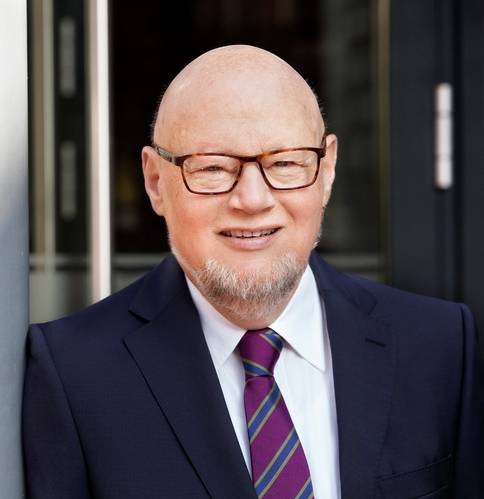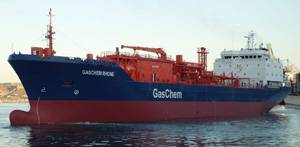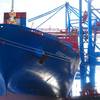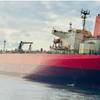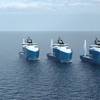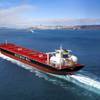Alfred Hartmann: New Captain on the Bridge at VDR
Shipping owner Alfred Hartmann is the new President of the Association of German Shipowners (VDR). For the first time a mid-size company owner is at the helm of the VDR, and this 68 year-old wants to bring the German shipping industry back on course. He discussed his plan with MR.
A few years ago, you said during an interview that with some luck the shipping industry could overcome its current crisis and begin an upward trend. But the industry has not recovered. What went wrong?
The consequences of the financial crisis in 2008 have been heavy. In 2011 we could see some kind of upswing – but this, in turn, contributed to new vessel orders which once again created overcapacities. Due to the crisis, the ship prices drastically dropped. On the other hand, a lot of investor money was in circulation – and they were looking for investment opportunities. Not to mention the fact that all of a sudden other ship types were more in demand than those which had been ordered. At the same time, oil prices increased drastically. Our industry is still suffering because of this, particularly container and bulk shipping. We can see that some more vessels must be given away by force because also the banks are still under pressure. Banks have not received compensation for many of their financed ships. Very often even not even repayment of interest. Under these circumstances banks are asking themselves “how long can we stand this?” The current situation for many shipping owners is very dangerous.
Why is it that Germany must be an important shipping location?
Counter Question: Why do we need the German automobile industry? For Germany it is important to remain a strong industrial location – including our shipping industry. This industry features around 95,000 employees in Germany. Including the indirect workforce it’s about 400,000.
Do you believe that politics can help the German maritime industry?
Oh yes, I have to make it clear to the politicians the challenges we face. The opinion partly exists in Berlin and Brussels that one can cover shipping with all possible and impossible statutory requirements. For example, consider the discussions about pollution emissions. People keep losing sight of the fact that about 90 percent of all goods are transported by sea – but only 4 percent of the emissions are related to vessels. However, ships must fulfill the strictest rules. I think this is completely incomprehensible. What I am interested in is that the population of German shipping companies can be safeguarded and again expanded. Another very important point for me is: how can we ensure education, training and employment in the future?
Political parameters are one side of the coin – but isn’t it that also shipping companies have to change to survive?
Yes, for sure. More and more they have to be logistics providers with a wide-range of offered services. In the long run it is not enough just to charter out vessels. One must focus on the entire transport chain. Mergers may also help.
In some regions mergers of shipping companies have failed.
That is correct. But there will be few alternatives. Our clients from the industry have also changed. They require larger units in order to react with greater flexibility to their needs.
(As published in the April 2015 edition of Maritime Reporter & Engineering News - http://magazines.marinelink.com/Magazines/MaritimeReporter)





